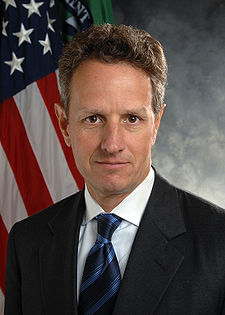How bad is the Gulf? How bad is American media?
Secretary of State Hillary Clinton has endorsed Arab news organization Al Jazeera as offering "real news", superior to ersatz U.S. news which is full of commercials, talking-heads and soundbites that are "not particularly informative to us." Perhaps that explains a part of the reason why U.S. audiences are largely unaware of the continuing ecological disaster in the Gulf of Mexico in the aftermath of BP's Deepwater Horizon blowout last year. Al Jazeera, on the other hand, brings us this story of sickness and death on the Gulf Coast.
[caption id="attachment_16980" align="alignright" width="300" caption="Eco-terrorism in Gulf of Mexico. Image via Leoma Lovegrove (creative commons)"][More . . . ][/caption] "I have critically high levels of chemicals in my body," 33-year-old Steven Aguinaga of Hazlehurst, Mississippi told Al Jazeera. "Yesterday I went to see another doctor to get my blood test results and the nurse said she didn't know how I even got there." Aguinaga and his close friend Merrick Vallian went swimming at Fort Walton Beach, Florida, in July 2010. "I swam underwater, then found I had orange slick stuff all over me," Aguinaga said. "At that time I had no knowledge of what dispersants were, but within a few hours, we were drained of energy and not feeling good. I've been extremely sick ever since."

